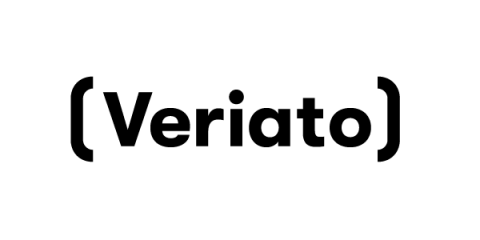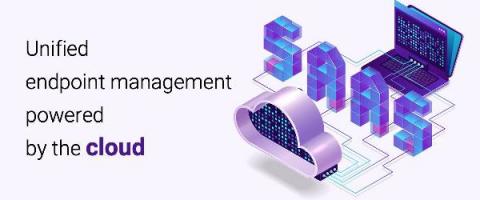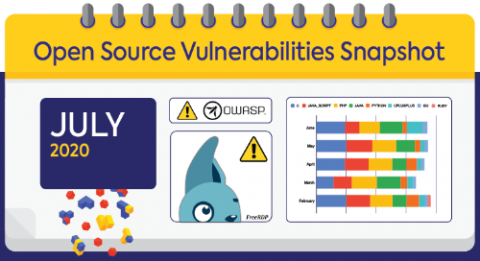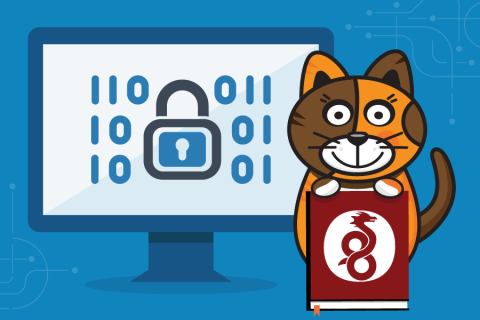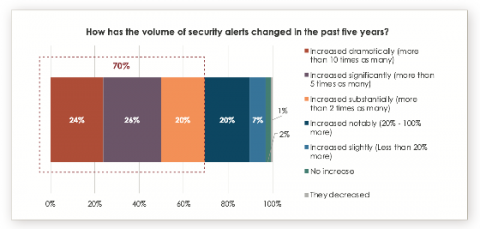How to Prevent Industrial Espionage
Every organization needs to keep tabs on other players in the industry in order to stay competitive. It’s common for an organization to analyze a competitor’s website, perform secret shopping trips, and monitor a competitor’s marketing strategies. This type of competitive research is perfectly legal. But if an organization unlawfully obtains another company’s sensitive information, it is considered industrial espionage, which is illegal.


